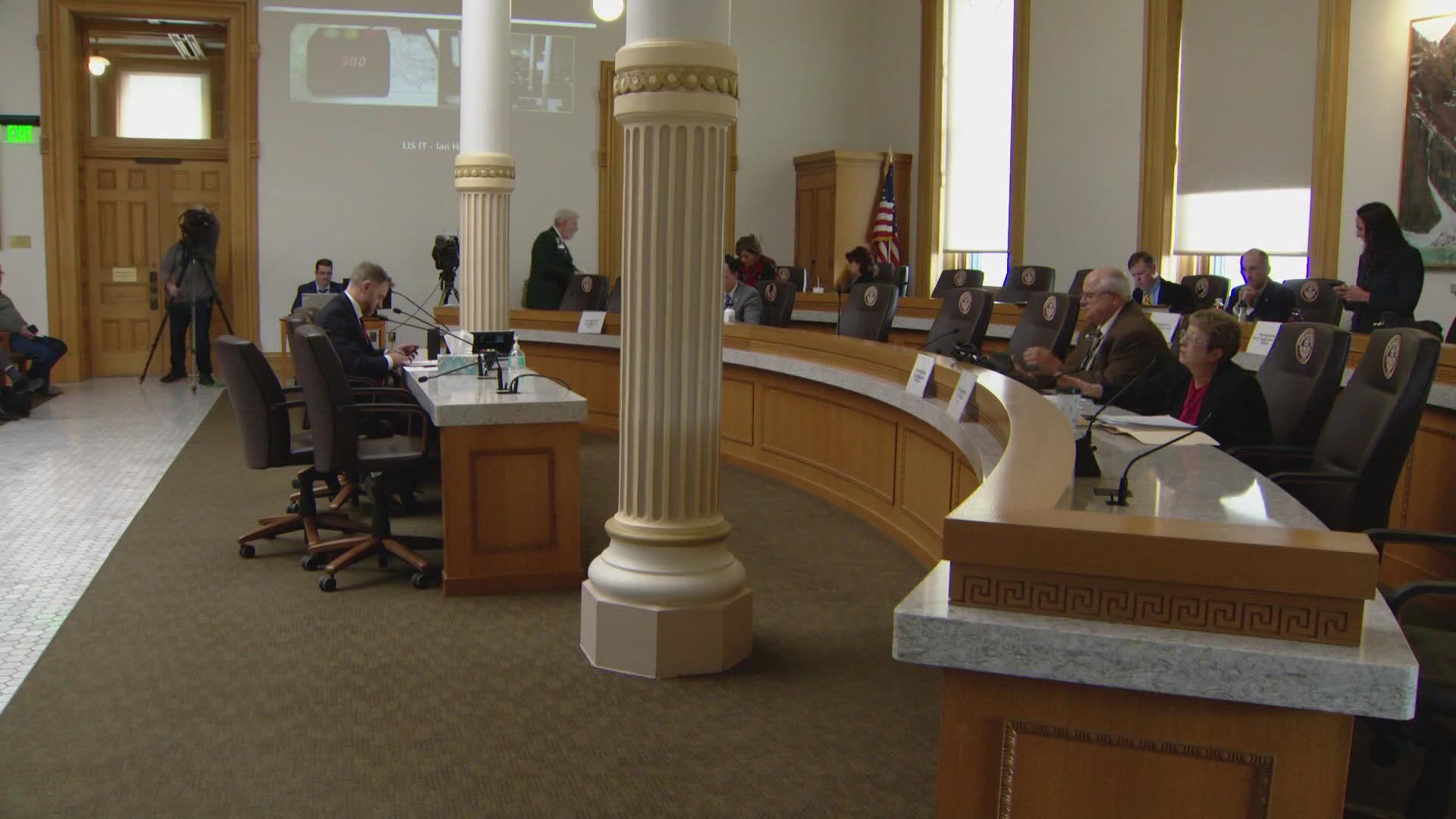DENVER — A Senate panel on Thursday evening narrowly approved what policymakers hope is a robust response to Colorado's spiraling fentanyl crisis.
The Senate Judiciary Committee voted, 3-2, to advance House Bill 1326, after reviewing 19 amendments for several hours.
The measure is the General Assembly's sweeping attempt to confront fatal overdoses, which have surged nationwide over the past several years, as fentanyl, which is stronger than heroin and lethal in small doses, became an increasingly dominant presence in the illicit drug market.
More than 800 Coloradans died after ingesting fentanyl in 2021, according to state data. That represents a roughly 50% increase from 2020 and more than triple the number of deaths from 2019.
The panel's narrow vote reflected the clash of tactics and ideology that came into full view soon after legislators unveiled the measure. Lawmakers have since struggled to find a compromise that law enforcement officials and advocates of non-criminal intervention can rally behind.
The split in the committee was bipartisan — Sens. John Cooke, R-Greeley, Robert Rodriguez, D-Denver and committee chair Pete Lee, D-Colorado Springs, voted in favor, while Sens. Bob Gardner, R-Colorado Springs, and vice-chair Julie Gonzales, D-Denver, voted no, albeit for very different reasons.
SUGGESTED VIDEOS: Politics
SUBSTANCE ABUSE RESOURCES
Find meetings throughout Colorado as well as information about the program and other services and events put on by AA.
A division of UCHealth, CeDAR offers 30- to 120-day residential treatment programs, outpatient treatment programs, medically-supervised detox programs, and recovery management.
The Substance Abuse Treatment, Education and Prevention Program was established specifically to help teens and young adults from 11 to 24 years of age. It offers a 12-week outpatient program on the campus of Denver Health and in several Denver Public Schools.

